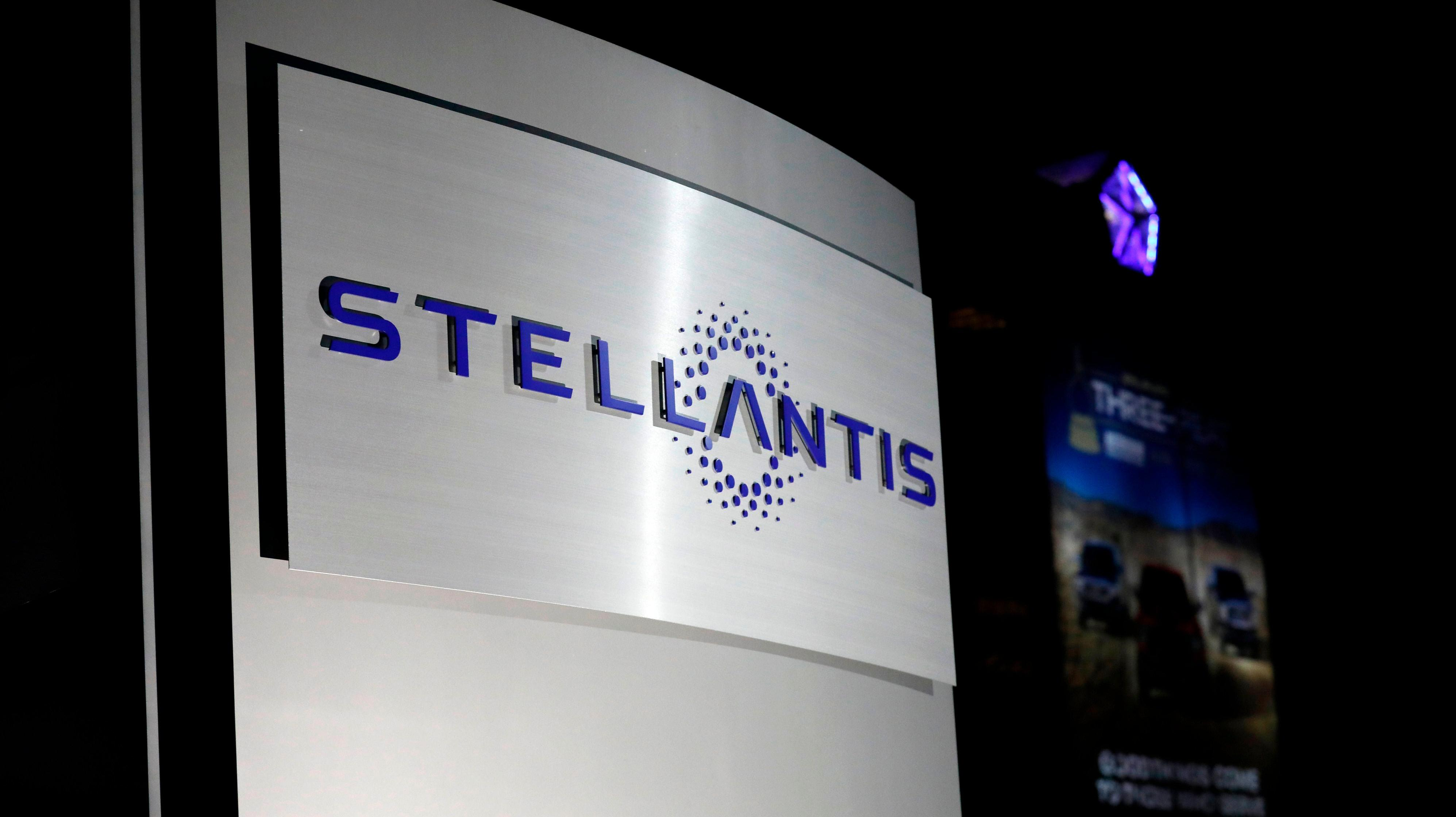Stellantis Announces Deal To Use Qualcomm Technology In Its Vehicles
The agreement will secure its semiconductor supply chain and affect features on future vehicles
Earlier this week, Stellantis announced a multi-year partnership with Qualcomm to collaborate and use the tech company's products in the automaker's vehicle models. Qualcomm technology will be utilized to improve every model over the next decade, from the in-car communication system to integrated artificial intelligence. Maserati will be the first Stellanis brand to incorporate the automaker's next-generation infotainment system. However, it isn't just new computer systems on executives' minds at the automotive giant.
In the statement announcing the agreement, Stellantis CEO Carlos Tavares said, "Qualcomm Technologies' broad experience in automotive and scale as a semiconductor leader will enable us to vertically integrate key elements of our new platforms and more closely manage the complete electronics supply chain to provide access to the best technologies, enable the fulfillment of Stellantis' volume potential and achieve our Dare Forward 2030 ambition."
Interestingly, Tavares mentioned Stellanis wanting to manage its electronics supply chain more closely. It's fairly rare for an automaker to form a close partnership with a semiconductor manufacturer. Though, it shouldn't be surprising with the sea of vehicles sitting in massive lots without computer chips. Last month, Stellantis was forced to halt production twice for 17 days in total at its Melfi plant in southern Italy because of a semiconductor shortage. The Melfi plant produces the FIAT 500X as well as the Jeep Renegade and Compass.
The struggles of Stellanis to maintain a consistent supply of chips are shared by the entire auto industry. Late last year, Stellanis also agreed to a deal with Foxconn for the Taiwanese electronics manufacturer to produce purpose-built chips for the automaker. While these commercial agreements are encouraging for future production figures, it will be at least a year until the chip shortage starts to ease. The pandemic had provoked the shortage, but it has worsened with the recent Russian invasion of Ukraine.
